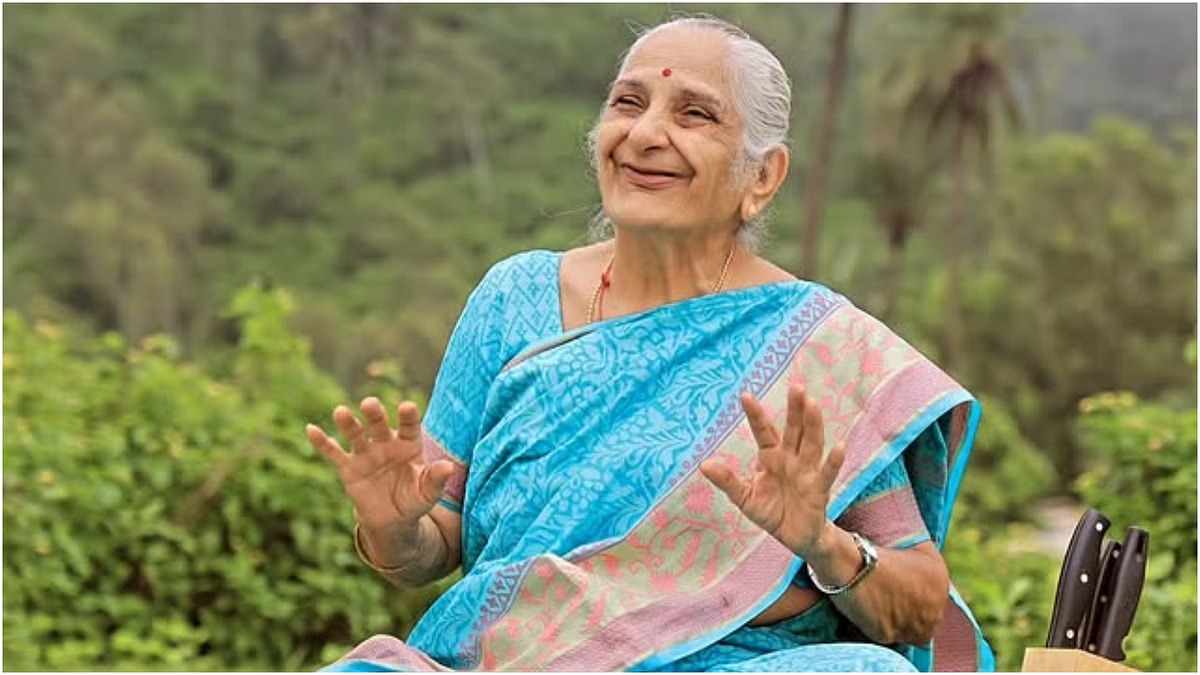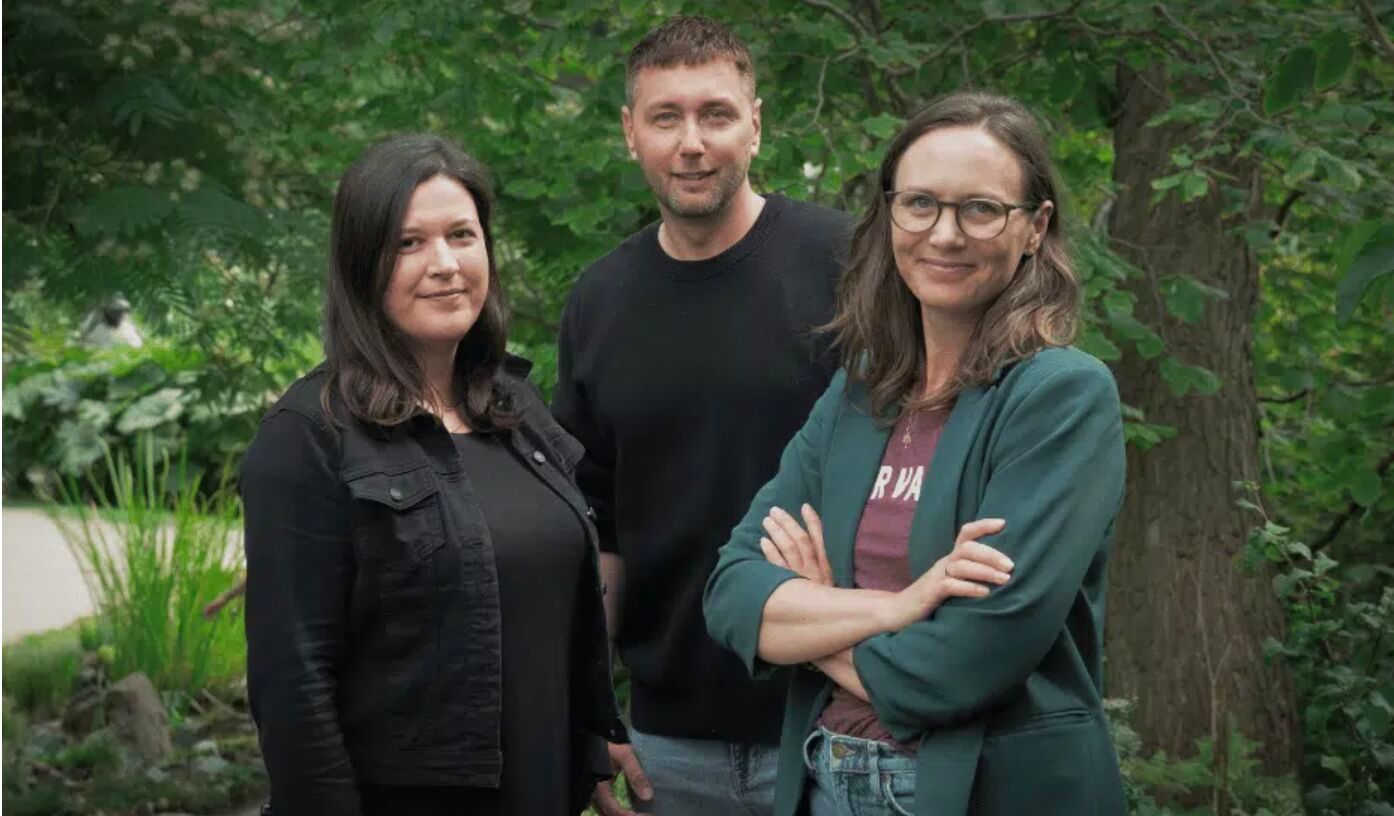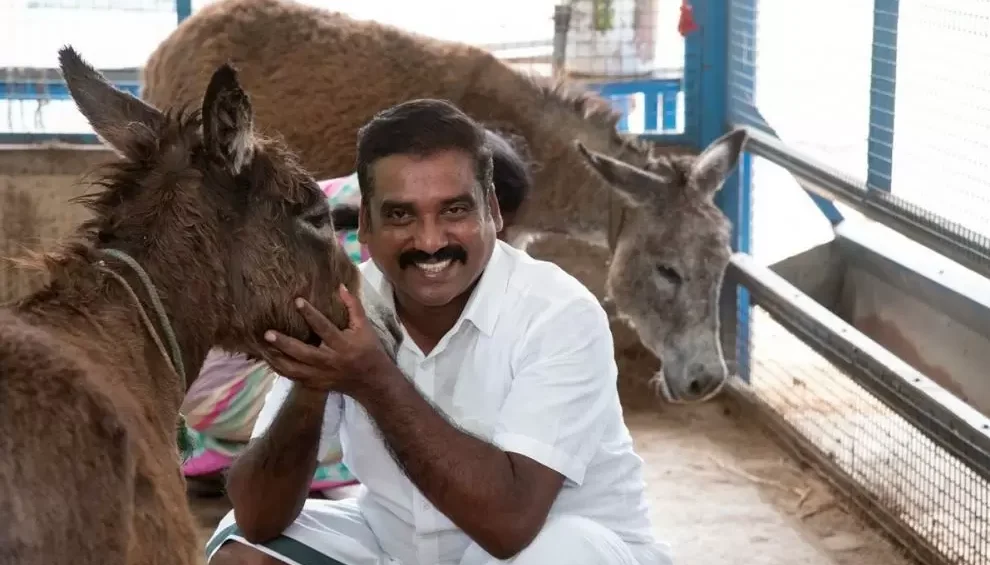In a modest kitchen tucked away in the streets of Gujarat’s capital, a quiet revolution has been simmering, one batch of thepla at a time. At 76, Urmila Asher, affectionately known today as “Gujju Ben,” is redefining what entrepreneurship can look like in its purest, most human form.
But this is not a story that began with spreadsheets or venture capital. It began with loss.
“I had three children. All gone. And my grandson… he was not the same after,” she says, her voice steady but eyes reflecting the weight of years lived and loves lost.
Her grandson, once a chartered accountant with a promising career, slipped into a deep depression after the deaths in the family. Watching the last thread of her family unravel, Urmila knew she had to act. Not with therapy, or medication, but with what she had: her kitchen, her resilience, and a heart that refused to give up.

And so, at 75, she opened a home kitchen business, starting with simple, familiar Gujarati snacks, poha, thepla, kachori, and chai, under the name ‘Gujju Ben Na Nashta’. First day sales? Just ₹450.
But she showed up the next day. And the next. Orders started trickling in from neighbors, then friends of neighbors, and then, online.
Within three months, she was clocking ₹1.5–2 lakh in monthly revenue. Today, her venture earns ₹3 lakh per month, with over 70% of orders fulfilled through Swiggy and Zomato.
A Founder Unlike Any Other
Her routine would humble even the most ambitious startup founders. She wakes up at 5 AM, begins cooking soon after, and finishes the morning’s work by noon. After a short rest, she’s back at it for the evening rush. No breaks. No Sundays off. Just determination.
While the startup world obsesses over product-market fit and Series A funding, Urmila focuses on taste, consistency, and trust. Her food isn’t just a product. It’s therapy, memory, and purpose rolled into a tiffin box.
She once applied to MasterChef India. She didn’t make it. When asked how she felt, she shrugged and said:
“Tame na mano toh fine, mane maja avi rahi chhe.”
(Even if they don’t believe in me, I’m enjoying this.)
Lessons in Real Entrepreneurship
Gujju Ben Na Nashta isn’t just a food business, it’s a case study in resilience. No tech. No team. No co-founder. Just a single woman, decades past retirement age, pulling her family out of despair by leaning into what she’s always done well: feeding people.
In an era where startups are often valued more on perception than profit, Urmila’s journey is a sharp reminder of what real entrepreneurship looks like when stripped of jargon. It’s not about pitch decks. It’s about grit. It’s about showing up when life gives you every reason not to.
And perhaps the most remarkable part? Her work didn’t just revive a business, it brought her grandson back to life. Today, he handles the operations and deliveries, supporting the venture that pulled him and his grandmother from the brink.
What’s Next?
Urmila has no grand plans to scale. “I just want to keep cooking,” she smiles. But the brand is growing, slowly, organically. A few loyal customers are nudging her towards bottling her signature masalas or exploring packaged snacks. For now, though, the kitchen stays local, personal, and unapologetically old-school.
The story of Urmila Asher isn’t the kind that tech conferences often highlight. But it should be.
Because in a world where young founders chase unicorns, a 76-year-old in Ahmedabad is building something far rarer: a business rooted in love, loss, and quiet, consistent courage.
And if you’re a founder feeling stuck, overwhelmed, or defeated, think of Gujju Ben.
She started with ₹450 in a tiffin box, She rebuilt her family. And she’s out-executing all of us.
Also Read: VIT Student Builds AI Translator to Bridge Sign Language Gap























